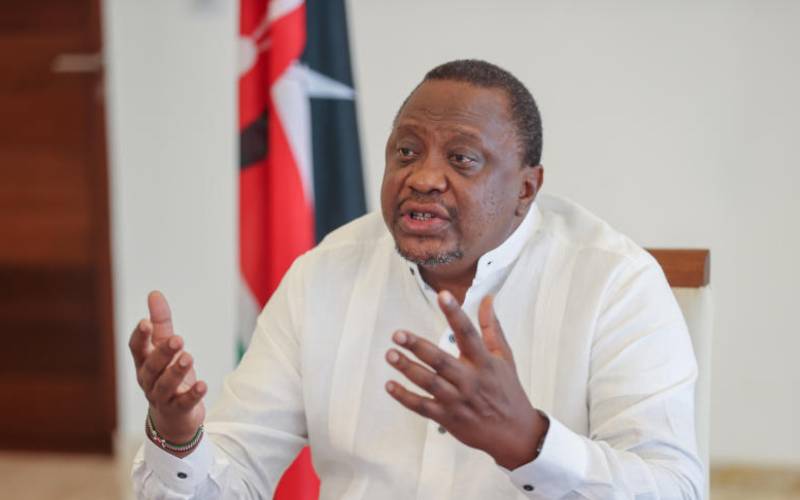×
The Standard e-Paper
Smart Minds Choose Us

President Uhuru Kenyatta is facing an uphill task of managing his own political succession. [PSCU]
From a string of losses in parliamentary and civic-ward by-elections, including the latest two in Juja and Kiambaa constituencies in his political backyard of Central Kenya, to the dismissal of the Building Bridges Initiative (BBI), twice by the courts, President Uhuru Kenyatta is increasingly finding himself in a difficult position.